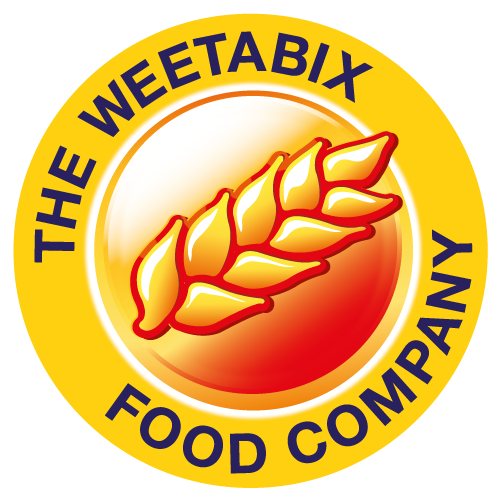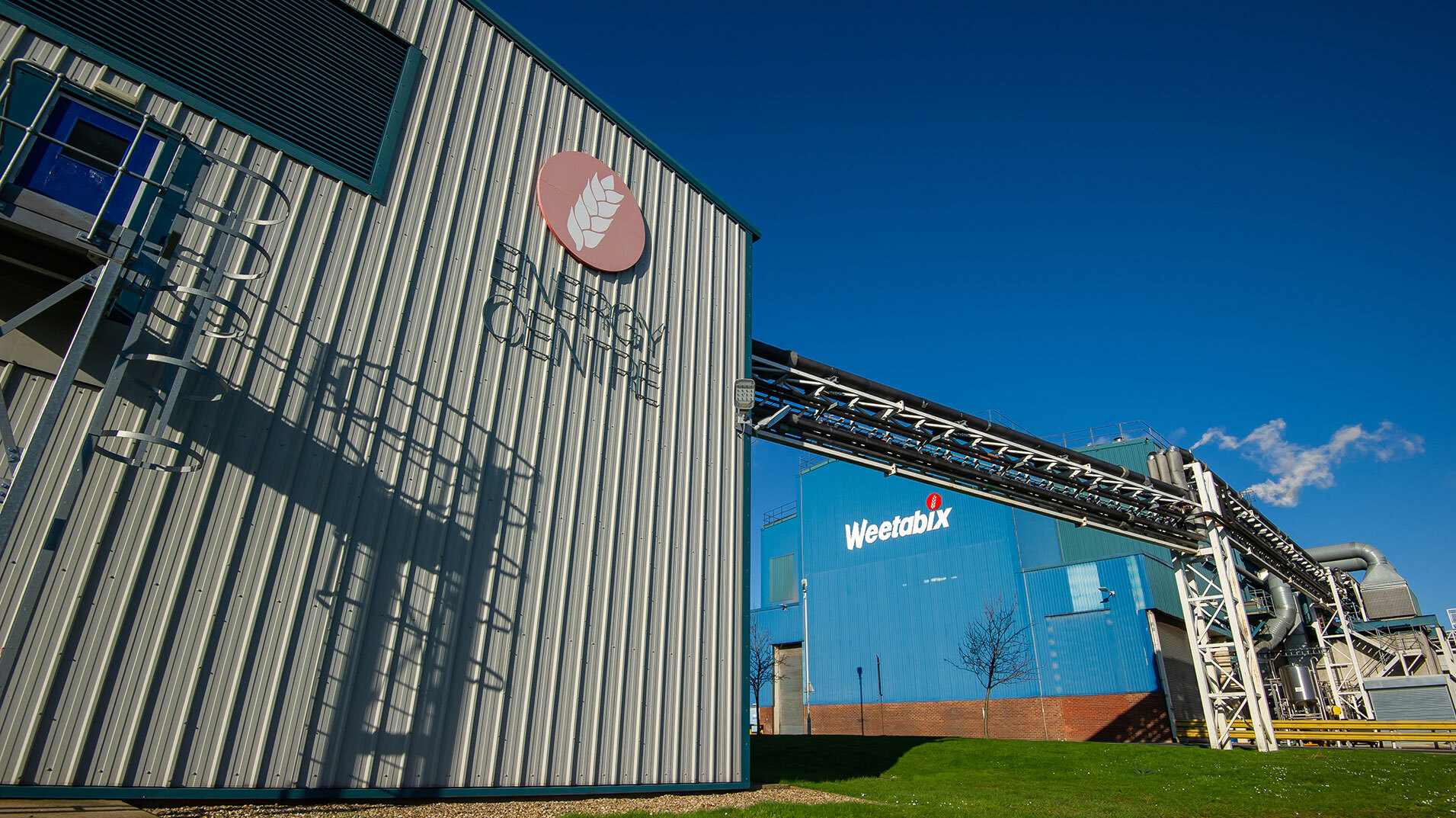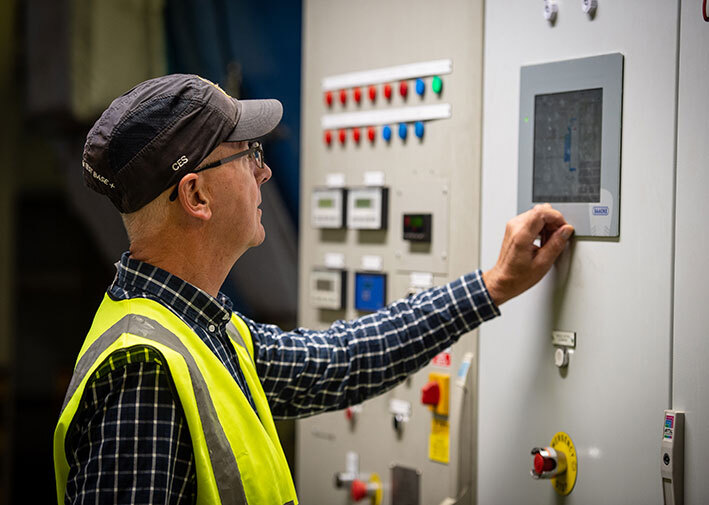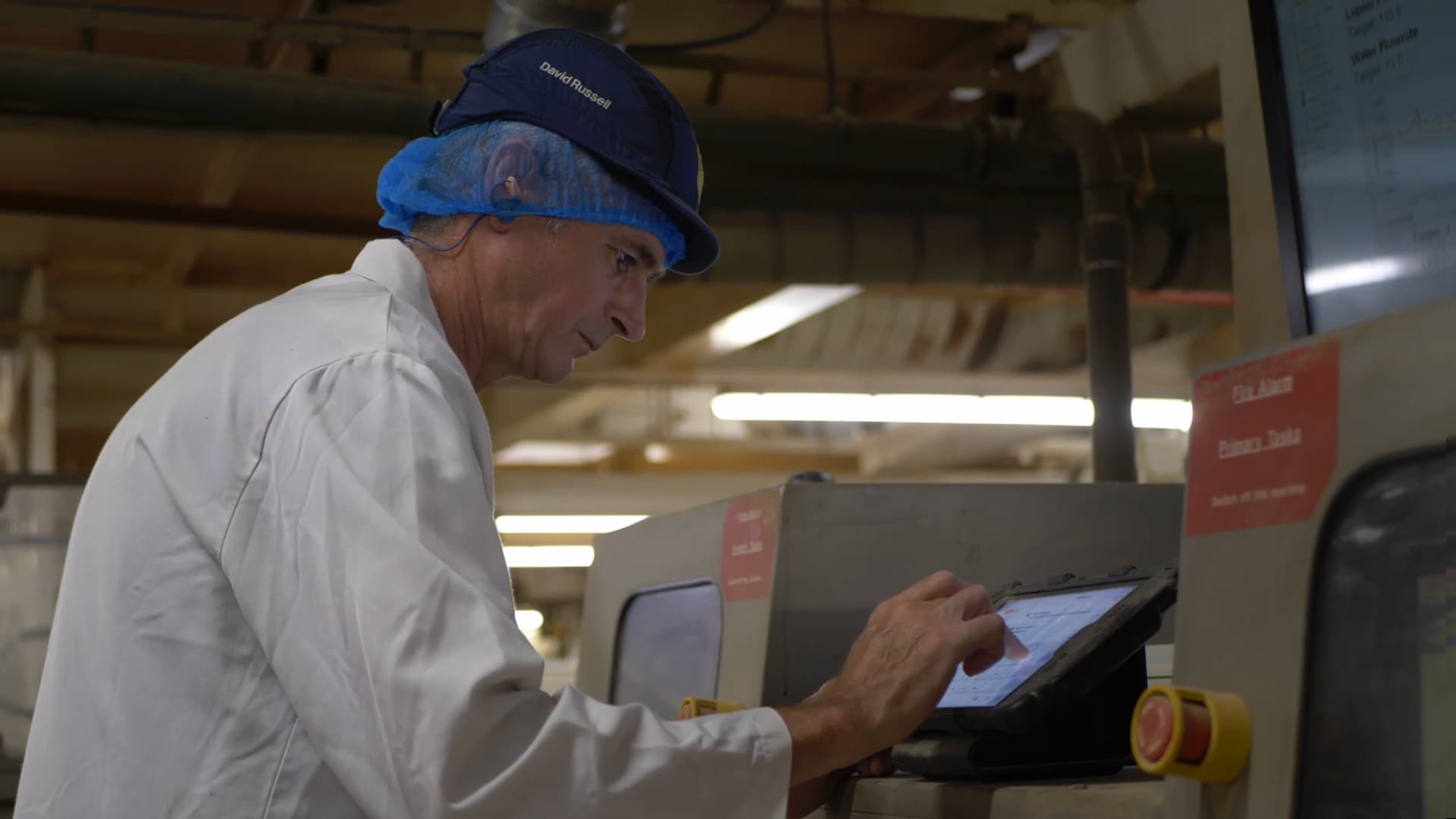Reducing Emissions
Over the past year, energy consumption across our sites has reduced as our operations have evolved. We have continued to seek out improvements through adjustments and upgrades that we can make across our sites, as well as looking to develop a Weetabix Energy Strategy, using recommendations from the Phase 3 ESOS survey completed earlier this year.
Efficiency Gains
Over the past year, we have upgraded the engines used within our Combined Heat and Power Plant (CHP) to make them more reliable and efficient. Since the overhaul completion, engine availability and efficiency has increased from 75% to 85%.




